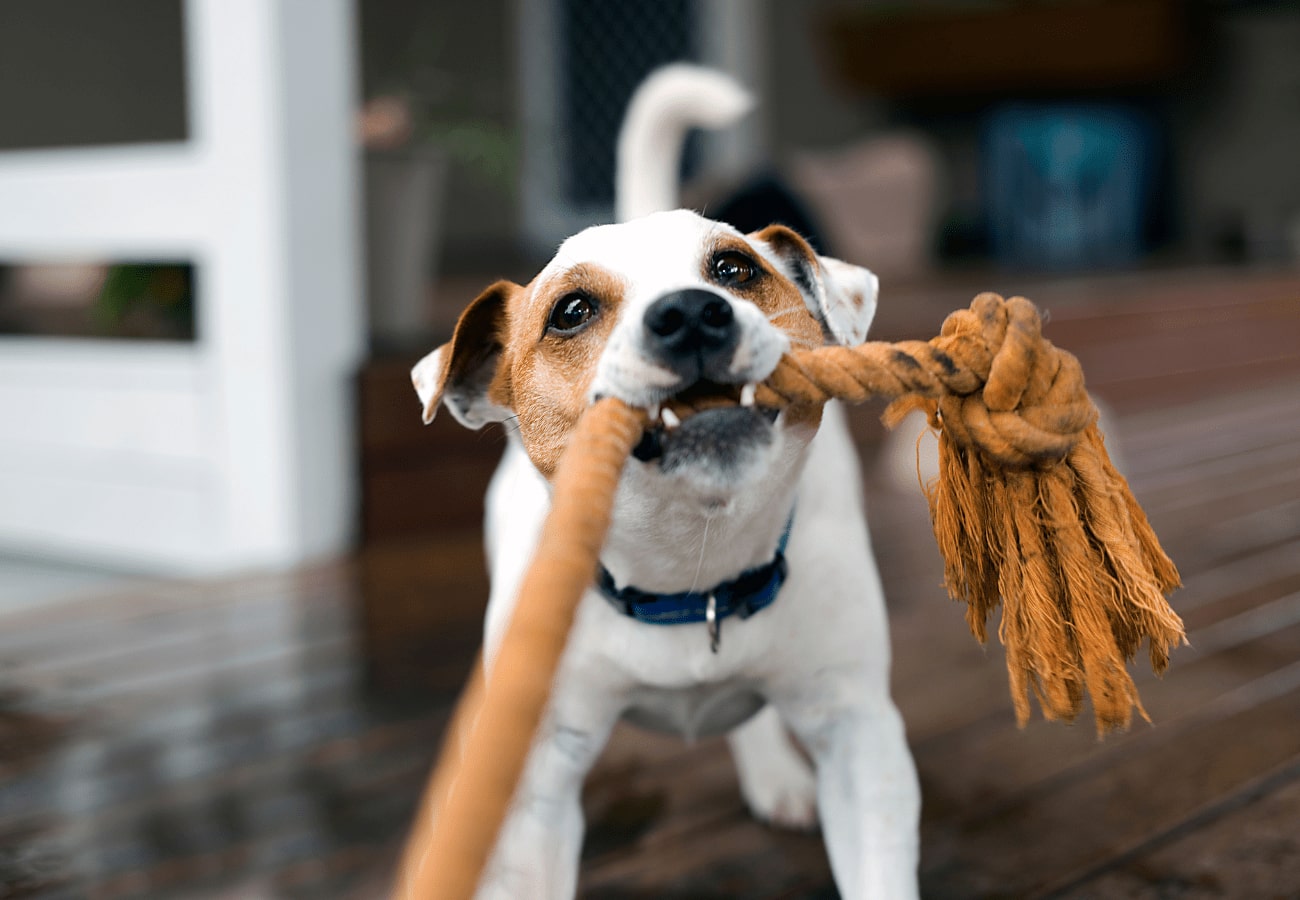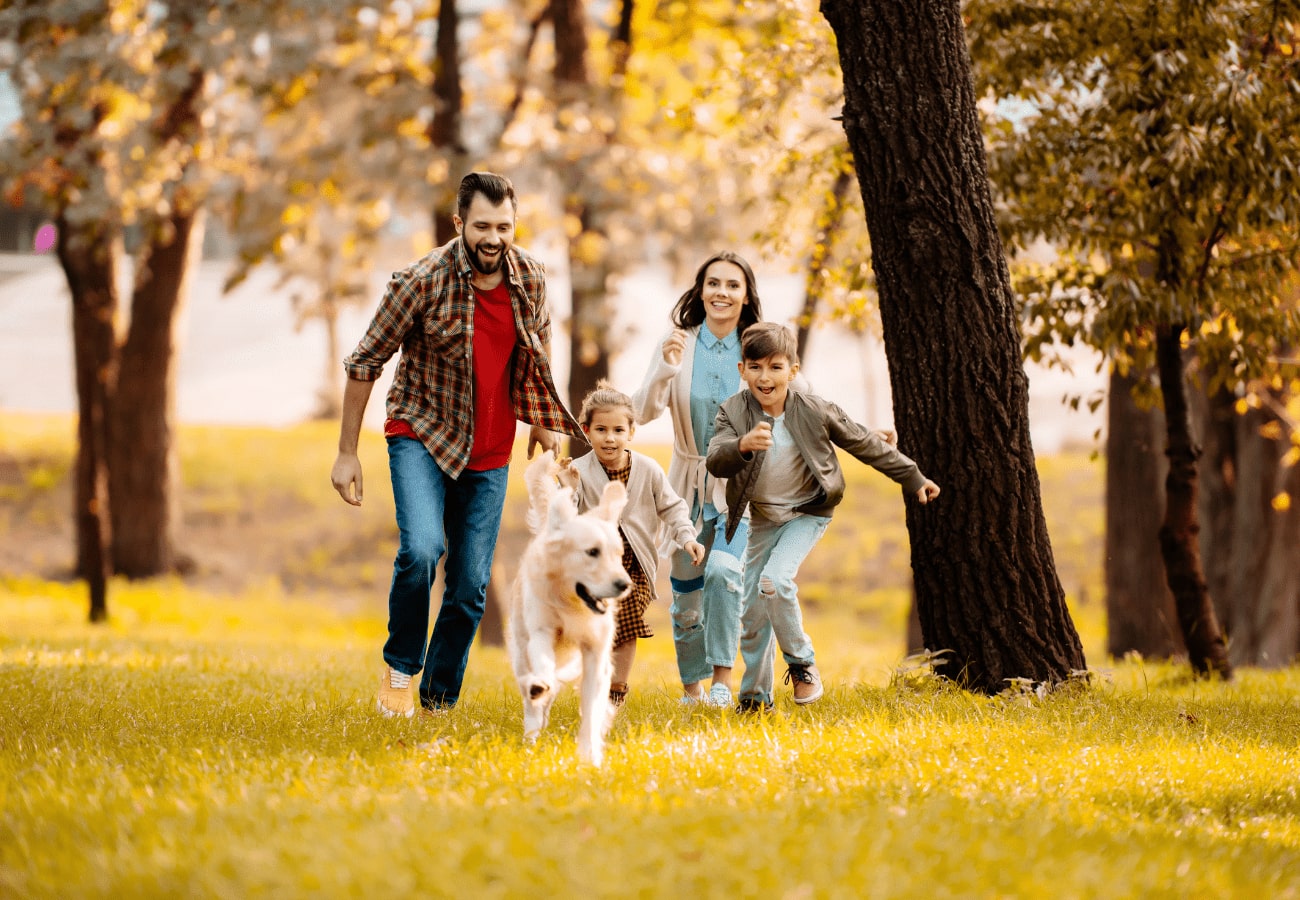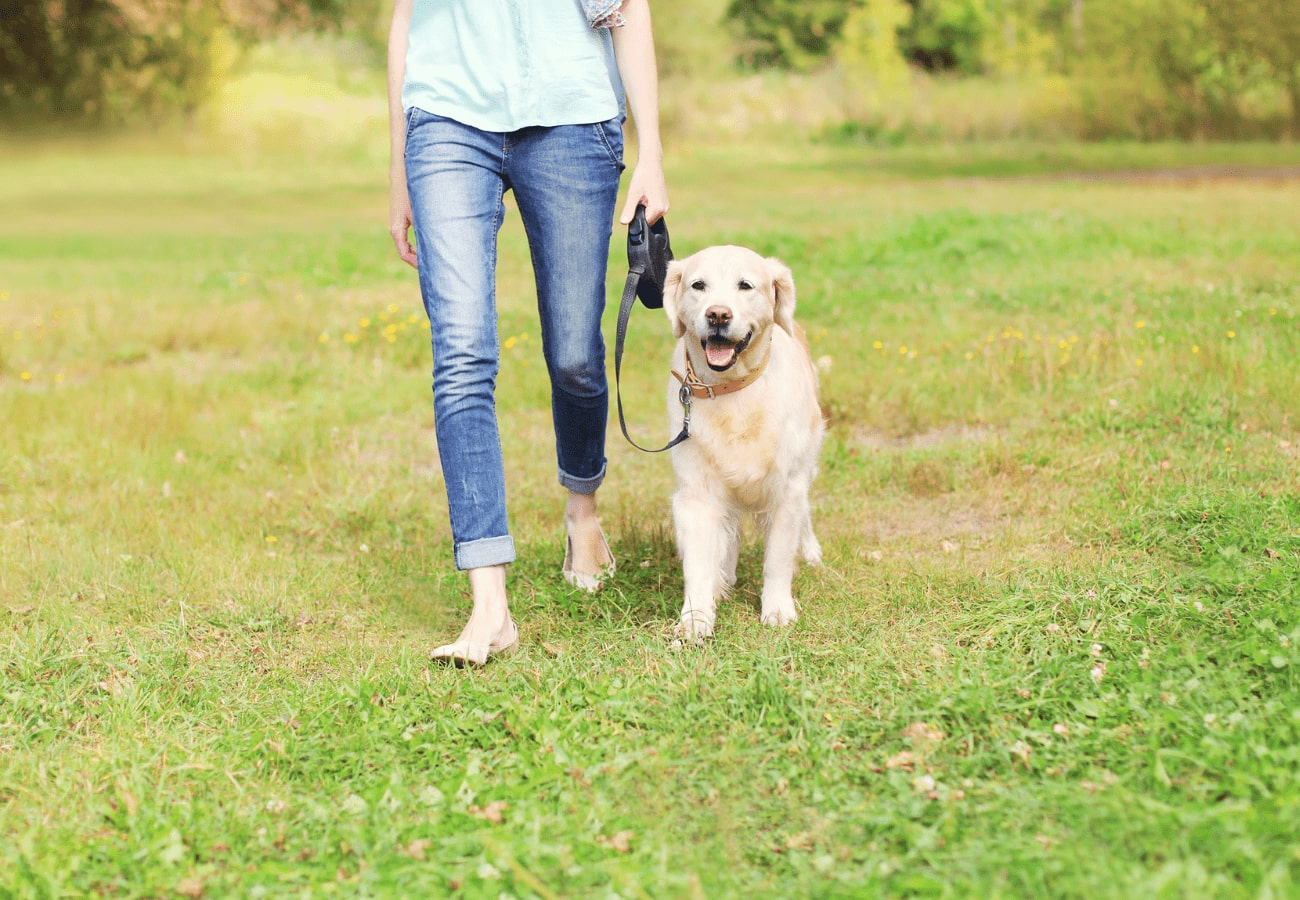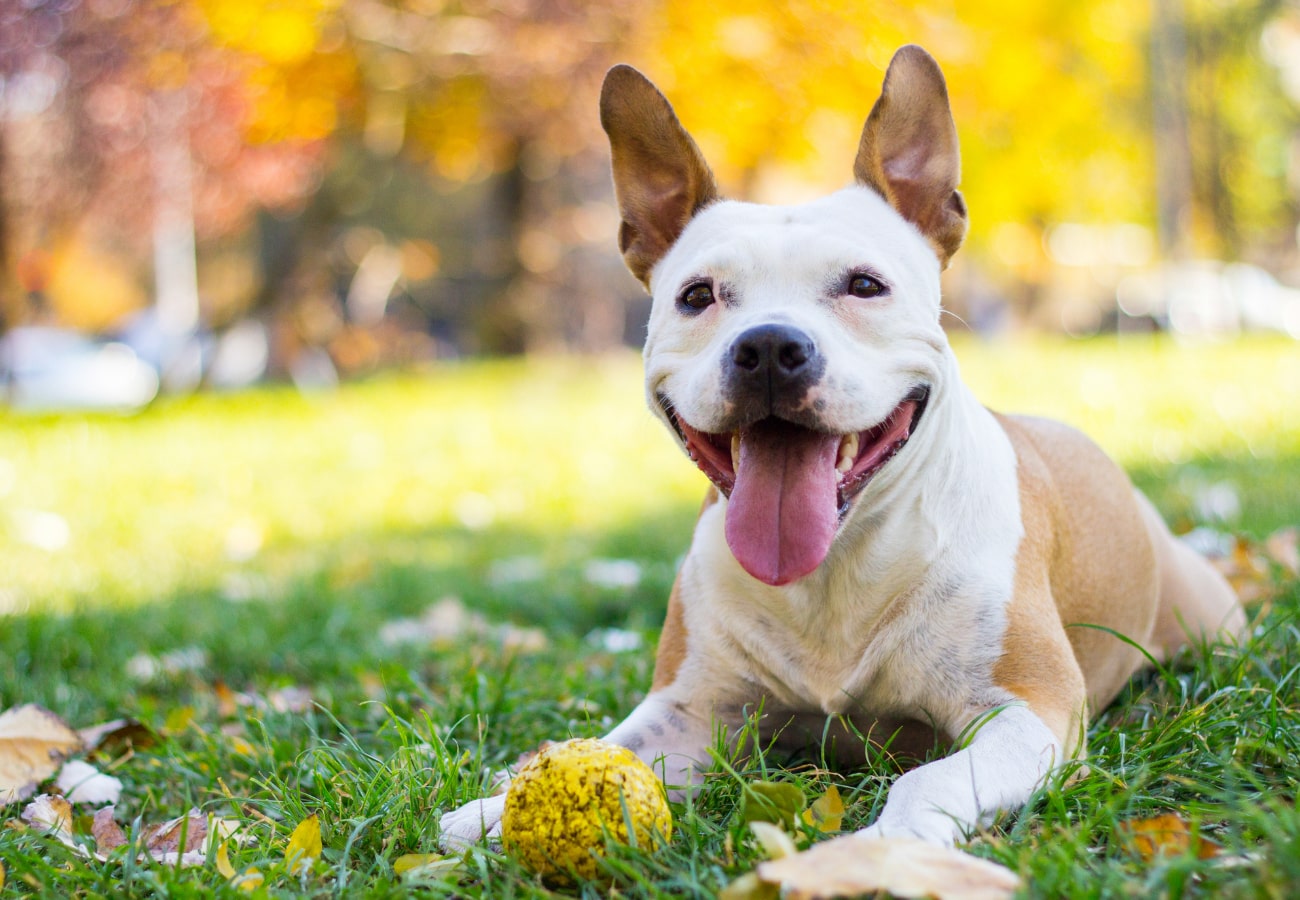Getting a new dog is a really exciting time for the whole family! It’s also a life-changing decision that needs lots of careful consideration to make sure that you’re making the right choice for your family and the dog itself. In fact, getting a dog is up there with getting married, changing career, or having kids. Think this sounds dramatic? Think again, because owning a dog is a huge responsibility, albeit a fun and rewarding one! Different dogs are suitable for different people, and what fits one family’s lifestyle won’t be good for everyone. In this post, we’ll take you through some of the things you need to consider before getting a new dog, to help you make the right choice and have a fun life with your new family member!
Are you a suitable pet parent?
Owning a dog isn’t for everyone, and there’s no shame in that! With any big decision, it’s important to ask yourself some questions and assess your lifestyle to make sure that you are ready for the commitment. Here are some things to consider before choosing your perfect pet:
Why do I want a dog?
There are so many reasons why you might want a four-legged friend! It’s so rewarding and a lot of fun. But are you getting a dog for the right reasons? Here are some of the common reasons we see why people may get a dog:
- As a companion
- To get more exercise
- To get out of the house
- To meet people
- I have crush on a certain breed
- A security measure
- To compete in the show-ring or agility trials
- The kids want a dog
Some reasons are better than others, but ultimately it’s up to you- only you can decide if you’ll want to get up on a cold and wet day to walk your dog, as much as you would on a lovely sunny day! Thinking that a sweet pug or beautiful cockapoo is adorable is probably not reason enough to take on a big commitment such as owning a dog. You need to be honest about your motivations. And try not to give in to pestering from the kids without careful consideration- are you prepared to care for the dog if they lose interest or leave home?
Do I understand everything that’s involved?

It takes a lot of time, effort, and money to care for a dog for their entire life. It’s not just about walking them! A puppy needs daily training and play sessions, someone to clean up their accidents, regular grooming, trips to the vet, and more housework to remove their hair which inevitably gets everywhere!
Dogs also don’t understand when you come home exhausted from a long day at work. They just see that you’re home and they’ll want to play and go out for a walk– can you keep up? There’s also the emotional side of things, as illness and accidents happen, and some dogs live longer than others. Don’t forget the financial commitment of owning a dog! They need all the essentials like food, food bowl, bed, lead, crate… the list goes on! It’s also important to make sure that you would be able to cover their vet bills, both for routine visits and emergencies.
Can I provide for all of a dog’s needs?
There are basic needs that you’ve got to meet for your dog, day in and day out, and these are mandatory by law. These are:
- Provide an environment where the dog can show normal behaviours
- A place of shelter from the elements
- Nourishing food in appropriate quantities (Not too much and not too little!)
- Mental stimulation and adequate exercise
- Ensure the dog’s healthcare needs are met
Can you make the commitment to provide for them for their entire life, every single day?
Your family life

Let’s assume you’ve carefully discussed the points raised in the previous section with your family, and everyone is still keen to go ahead. The responsibility aside, dogs are fabulous fun. Go on then! What’s stopping you from getting a canine companion? Perhaps you have the holiday of a lifetime booked in the near future. Maybe your parents are getting older and you are spending more time caring for them. It’s perfectly OK to want a dog but realize that now isn’t the right time. If this sounds like you, then think of other options such as fostering dogs for a rescue, or volunteering as a dog-walker at a shelter. There are lots of great ways to interact with dogs which don’t involve long term commitment!
If your heart is set on getting a dog, think about any lifestyle changes that might be on the horizon in the near future, such as starting a family, your kids leaving home, a change of job, elderly parents in need of support, a new relationship or break up, or even moving city or country. These are all things that must be considered- would a dog fit into these plans? It’s important to know you can cope if circumstances change. After all, rescue shelters are full to bursting with dogs that have had to be relinquished by loving pet parents just like you, people who are no longer able to take care of a much-loved pet and heart-broken to let their beloved companion go.
Is everyone on board?
If you’re sure that owning a dog is a good choice for you and that you’d be a great pet parent, it’s then important to consider how the rest of your family might react! Children are often really keen to have a pet and promise to look after it- but will this really be the case? How would you feel about looking after the dog without your kids’ support? It’s a good idea to make them aware of the responsibility that comes with being a good pet owner and the sacrifices they may need to make. For example, they need to keep their rooms tidy so nothing gets chewed!
It’s also important that everyone is on the same page when it comes to commands. If there’s a rule of no dogs on the furniture, this needs to be followed by everyone, all the time. Otherwise, your dog may get confused, which can manifest as aggression.
Kids and dogs

Growing up with a dog teaches a child many wonderful things. The child learns about unconditional love, responsibility and putting another’s needs first. They get to watch a living creature grow and to treat them with respect, and sometimes (unfortunately) they also learn about loss.
Many dogs come before the addition of kids, and the two live together in harmony. However, many rescue centres won’t rehome dogs to families with young children to keep both the dog and the child safe. Young children are still learning about the world, and may bother your dog in ways that they see as a threat.
Kids and dogs can live together happily, but if you have young children, they must be supervised around the dog at all times to make sure everything goes smoothly. It’s all about balancing their age with their responsibility. For example, with under 5s, it should be about learning to be gentle with the dog. Slightly older children, however, can take part in caring for the dog by washing their bowls or setting their food down. Even older kids, around 8 and up, can take an even more active part in their care, like grooming them, walking them, and picking up after them. Of course, you know your own child and dog and what they’re capable of, this is just a rough guide!
It’s important to consider the dog’s breed before you make the commitment, as well as their size and temperament. Certain breeds, like Labradors, are really popular family pets because they are known for having a consistent, calm temperament and patience. If you have a young family and are considering a dog, do your research on the breed first to assess whether you think it would be a good fit for your family!
Work Life
Many potential owners worry about their work schedule and how this could impact them getting a job and being a good pet parent. There are a few things to consider, such as:
Working from home
Those who work from home all day are well placed to care for dogs, as they can be around to feed them, keep them company, and let them out for toilet breaks. However, even if you are home all day, some breeds can get bored if you’re consistently working at your keyboard or busy caring for dependents. So, even if you are home all day, it’s important to consider whether you can be there to consistently meet the needs of active and boisterous breeds! Furthermore, highly intelligent breeds like Border Collies need plenty of mental stimulation throughout the day to keep them occupied. Other breeds like the Pug and Poodle love companionship and will seek you out throughout the day. With these breeds, it is important to build periods of separation into your day so that they don’t get separation anxiety without you.
How long can you leave your dog alone?
Most households have two adults that work outside of the home, but they still want the joy of owning a dog. In these cases, it’s likely that the dog may have to be left alone for longer periods of time.
Dogs shouldn’t really be left alone in the house for more than four hours at a time. It can predispose them to urinary tract infections, and will also lead to them becoming bored and potentially destructive. Some breeds, such as toy breeds and relaxed breeds like Basset Hounds, are more content with being left for longer periods of time. But, if your schedule doesn’t allow you to regularly pop back to let your dog out, you’ll need to employ the services of a dog walker or pet sitter to come into your home, or leave your dog at a doggy day care service to make sure they get enough breaks and mental stimulation!
Your lifestyle

Once you’ve considered everything else, it’s also important to think about the way you live and how a dog would fit into that. How much space do you have and is it enough for the breed you want? It’s not impossible to keep a large dog such as a St Bernard in an apartment, but you will need to spend more time exercising them outdoors, and consider that they will take up a lot of your personal space!
There’s also the issue of dog hair. Most dogs shed to some extent, but some like Golden Retrievers are a lot worse than others! Will you be able to keep up with the cleaning and maintenance? If you want to avoid hairballs rolling across the laminate floor then investigate low-shedding breeds such as poodles and their crosses (Labradoodle, Cavapoo, and Cockapoo) or short-haired breeds.
If you like outdoor activities such as hiking it’s a good idea to choose a breed that will happily keep up. And, how much time are you willing to spend outside exercising your dog? Finally, how often do you go on holiday, for how long, and where? Taking your dog abroad can be difficult, while placing them in a high-quality kennel can add extra costs to your holiday! You may have to be prepared to compromise how often you go away.
There are plenty of things to think about before you take the plunge and make the commitment of getting a dog. But, this article isn’t designed to scare you or put you off! Owning a dog is a really rewarding experience that you are sure to love. And, there are so many different breeds out there to suit different families and their lifestyles. It’s all about considering carefully what sort of dog would be best for you, and not making a rushed decision before making a new addition to your family!
Here at Royvon, we have over 60 years of experience helping families with their new dogs. If you’ve got a new pup and need help and advice with their behaviour or training, we can help! Visit our website to find out more about our in-person and virtual services to suit your needs.





Leave A Comment